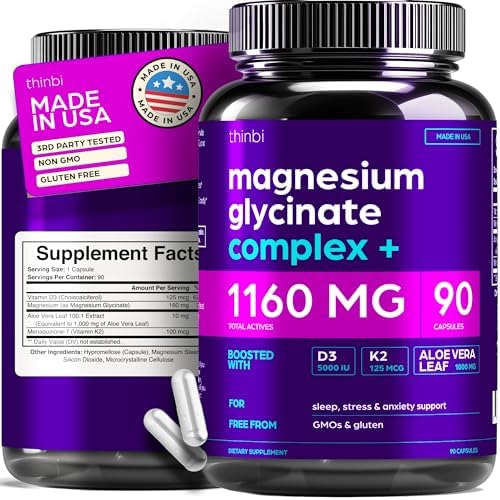Discover why magnesium is essential for your health. Learn what magnesium does for your body, how much you really need daily, and the best ways to get it. Easy-to-read guide with product tips
When it comes to essential minerals, magnesium often flies under the radar. But did you know that it plays a crucial role in over 300 bodily functions? From boosting your energy levels to supporting heart health, magnesium is a true powerhouse.
Let’s dive into what magnesium can do for you and how much you actually need each day.
Why is magnesium so important?
Magnesium helps your body in many ways. It supports muscle and nerve function, regulates blood sugar levels, and keeps your heart beating steadily. It even helps produce energy and build strong bones.
Feeling tired all the time? Struggling with muscle cramps? You might be low on magnesium without realizing it.

Health benefits of magnesium
1. Improves energy levels
Magnesium helps convert food into energy. Without enough of it, you may feel weak and fatigued.
2. Reduces muscle cramps and spasms
Athletes and active people often use magnesium supplements to prevent cramps and promote muscle recovery.
3. Supports heart health
Magnesium helps keep your heartbeat steady and may lower the risk of high blood pressure.
4. Eases anxiety and improves sleep
Magnesium has a calming effect on the brain. It helps regulate neurotransmitters, making it easier to relax and sleep better.
5. Strengthens bones
Most people think of calcium when it comes to bone health, but magnesium is equally important. It works together with calcium and vitamin D to keep your bones strong.
How much magnesium do you need?
The amount you need depends on your age and gender. According to the National Institutes of Health:
- Adult men: about 400–420 mg per day
- Adult women: about 310–320 mg per day
- Pregnant women: about 350–360 mg per day
Many people don’t get enough magnesium from food alone. That’s why supplements can help fill the gap.
Best sources of magnesium
The best way to get magnesium is through food. Great sources include:
- Leafy green vegetables like spinach and kale
- Nuts and seeds, especially almonds and pumpkin seeds
- Whole grains such as brown rice and oats
- Legumes like black beans and lentils
- Dark chocolate (yes, really!)
If you find it hard to meet your needs through diet alone, supplements can be a good option.
Looking for a reliable magnesium supplement? Check out this top-rated option on Amazon — easy to take and gentle on the stomach.
Can you get too much magnesium?
It’s hard to get too much magnesium from food alone because your kidneys remove the excess. However, too much from supplements can cause diarrhea, nausea, and stomach cramps. Always stick to the recommended dosage and talk to your doctor if you’re unsure.
Signs you might need more magnesium
How do you know if you’re low on magnesium? Here are a few common signs:
- Fatigue or low energy
- Muscle cramps or weakness
- Trouble sleeping
- Anxiety or irritability
- Irregular heartbeat
If you notice these symptoms, consider checking your magnesium intake.
Simple ways to boost your magnesium
Want to up your magnesium easily?
- Add a handful of nuts to your daily snacks.
- Include more leafy greens in your meals.
- Enjoy a square of dark chocolate after dinner.
- Try a magnesium supplement if your diet falls short.
One great option is this magnesium glycinate supplement on Amazon. It’s known for better absorption and fewer digestive side effects.
Final thoughts
Magnesium is a vital mineral that supports your energy, heart, muscles, and even your mood. Most people can benefit from paying a little more attention to it. By including magnesium-rich foods and, if needed, a supplement, you can feel stronger, calmer, and more energetic every day.
Start small and listen to your body. Your future self will thank you!


